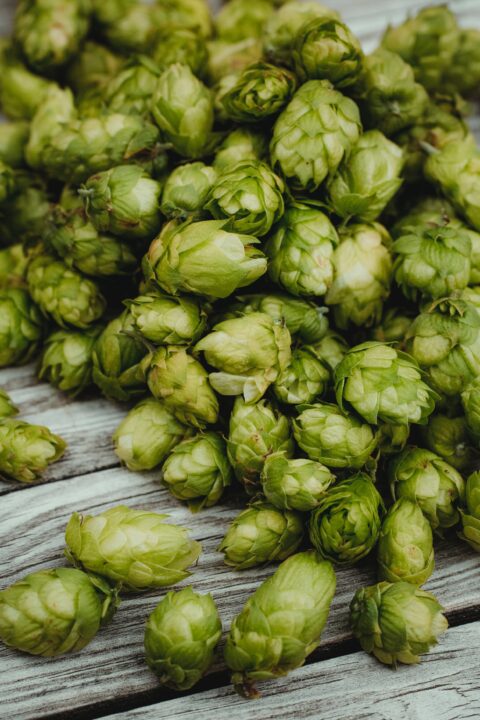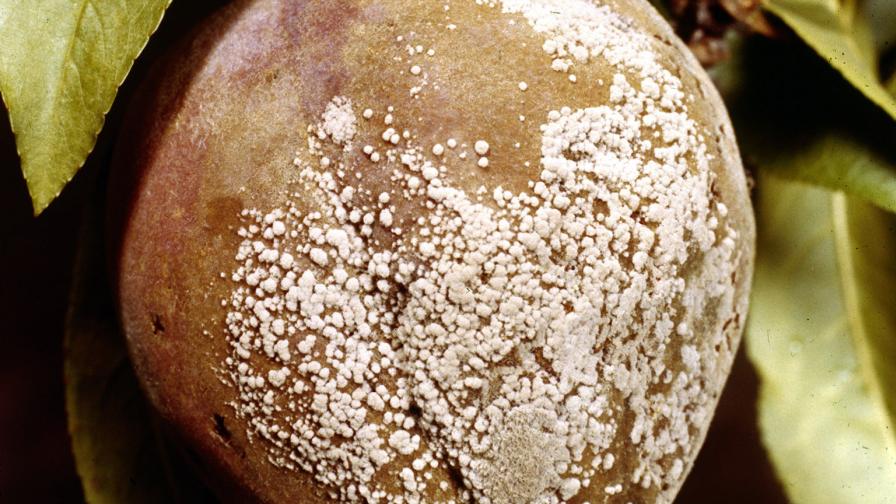Cool! Can Artichoke Become a New Winter Crop in Florida?
While most produce growers in the country slow their roll during winter, Florida takes the reins when it comes to growing and supplying consumers with fresh vegetables. Some of the top cold-weather crops include tomato, cabbage, lettuce, peppers — among others. But there’s always room for more, right? If one University of Florida scientist has something to say about it, artichokes will be on that list in the not-so-distant future.
Shinsuke Agehara, a UF/IFAS Assistant Professor of Horticultural Sciences based at the Gulf Coast Research and Education Center (GCREC) in Balm, has been leading research efforts for years into making artichokes less alternative and more mainstream for hungry growers in the Sunshine State.
Despite 99% of the nation’s artichokes being grown in the cooler, drier confines of California (the preferred growing conditions of artichokes), Agehara continues to push for growth potential in Florida’s subtropical environment.
What has been found to be successful in this endeavor so far is rooted in three production practices: 1) the use of gibberellic acid, 2) low-chill cultivars, and 3) optimum planting dates.
Agehara uploaded a brief video on YouTube that explains the findings and introduces artichoke as Florida’s new winter crop.
Check it out.









